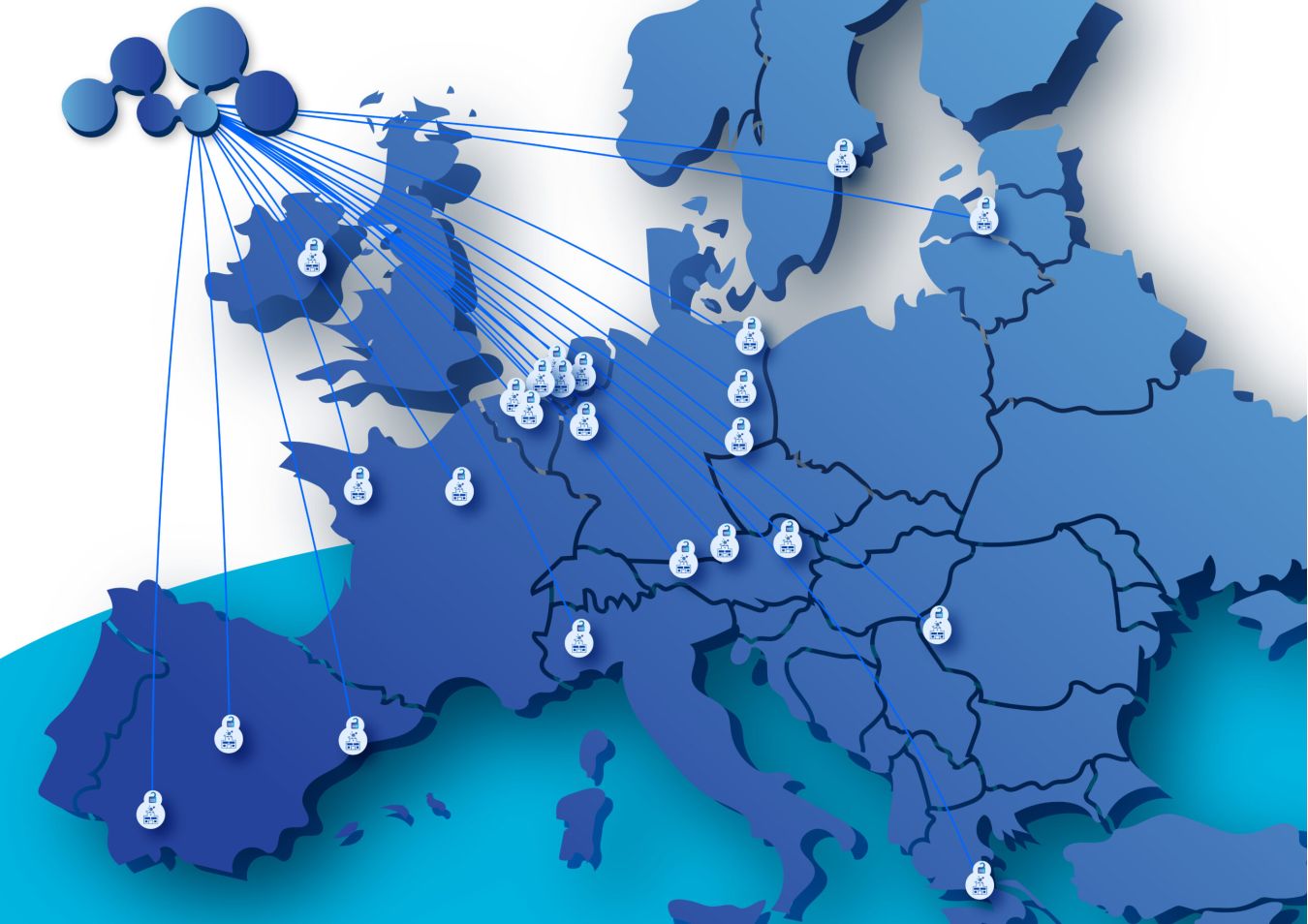News

Publiced on:
Improving patient care by using data securely and responsibly while developing reliable AI models—that is the goal of a new initiative aimed at enhancing data exchange among intensive care units across Europe. The project is led by Michel van Genderen, an internist-intensivist at Erasmus MC.
The project called INDICATE is developing a secure system for sharing ICU data. Instead of sending the data to researchers or healthcare professionals, the software is brought to the ICU to analyze the data locally. This ensures that the data always remains within the hospital environment, fully protecting patient privacy.
Currently, it is challenging for ICUs to collaborate effectively because data is often fragmented and difficult to access. Data access is complex for training AI models, and patient privacy must always be safeguarded. This became evident during the early months of the COVID-19 pandemic, when even simple questions, such as how many patients in the Netherlands developed a blood clot as a complication of COVID-19, could not be answered immediately.
AI Models
The lack of real-time information and data exchange between hospitals makes it difficult to develop AI models that can be applied across different institutions. For instance, consider an AI model designed to detect bloodstream infections in newborns earlier, enabling faster treatment.
INDICATE aims to address these challenges by ensuring that data is used securely and responsibly. It facilitates secure data sharing and promotes the collaborative development of AI models that can be deployed across multiple locations. Additionally, it functions as a benchmarking platform, allowing ICUs to compare and improve their performance.
Spread Across Europe
INDICATE’s partners are spread throughout Europe, providing a broad representation of data from diverse patient populations. This diversity enhances the training of AI models for patients from various backgrounds, making them more reliable and effective for everyone. As a result, healthcare professionals are better equipped to deliver personalized care, compare ICU outcomes, and prepare for emergencies.
The project is led by internist-intensivist Michel van Genderen from Erasmus MC, in collaboration with Prof. Dr. Christian Jung (University Hospital Düsseldorf, Germany), co-coordinator of INDICATE, and Jan van den Brand and Lisanne Schuurman Prooyen from Erasmus MC. The European Commission has awarded the project a grant of €10 million.
More news



Interview with INDICATE co-lead Michel van Genderen on De Nieuws BV at NPO Radio 1


